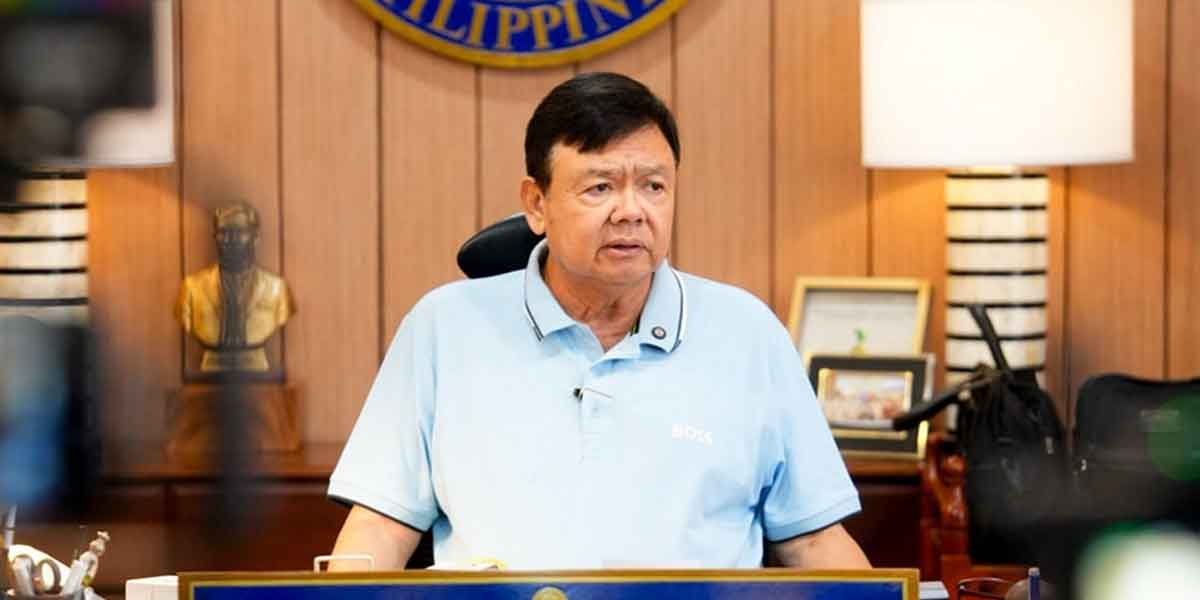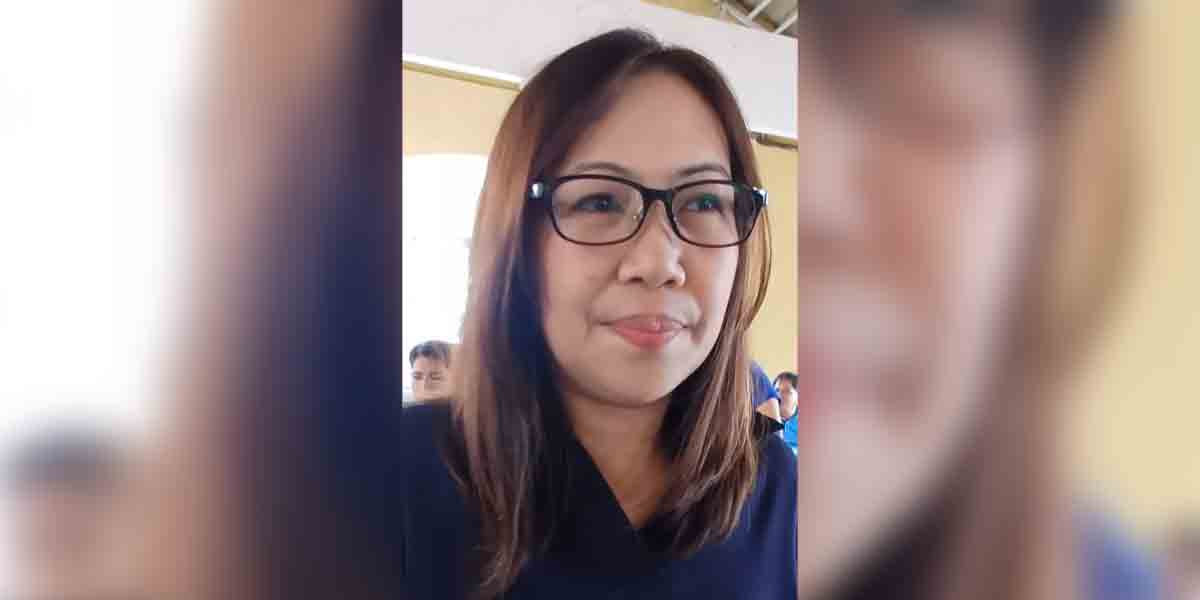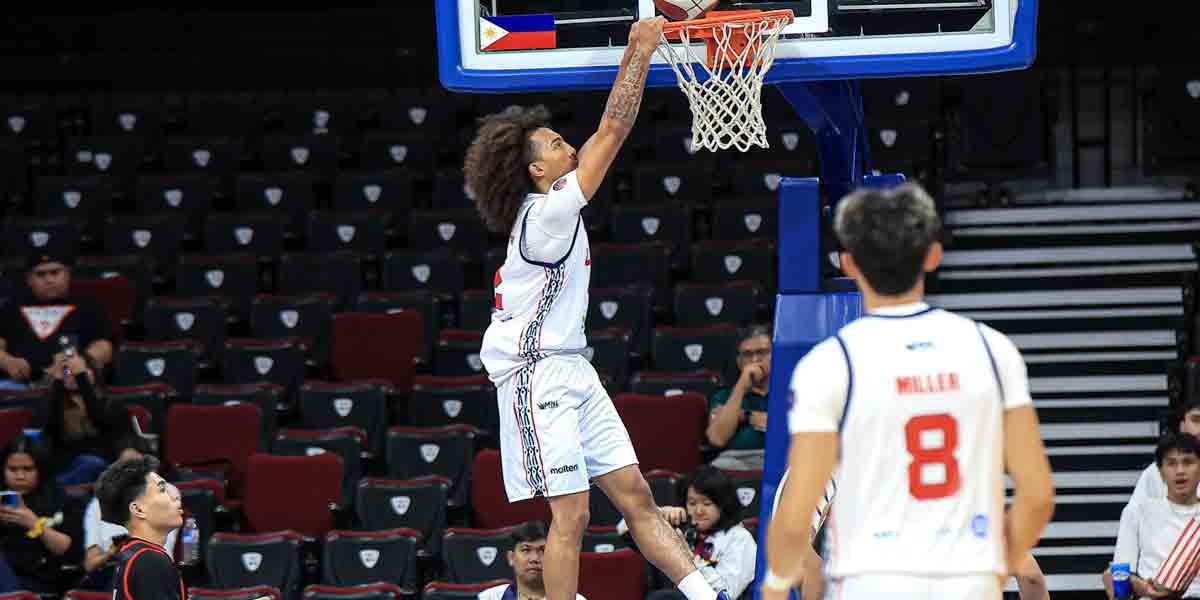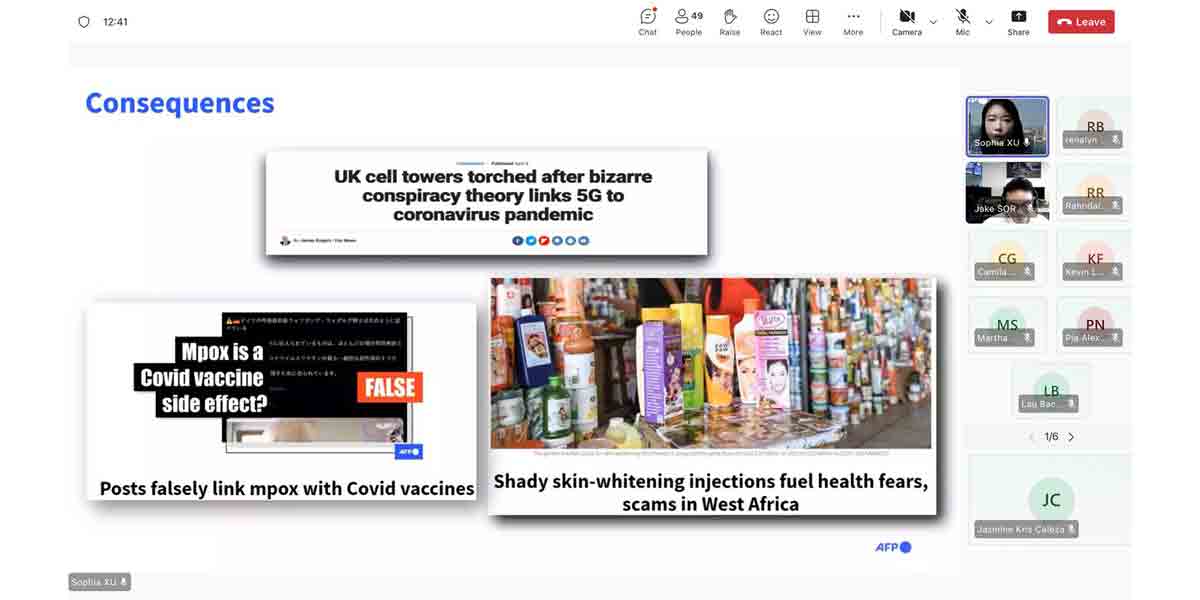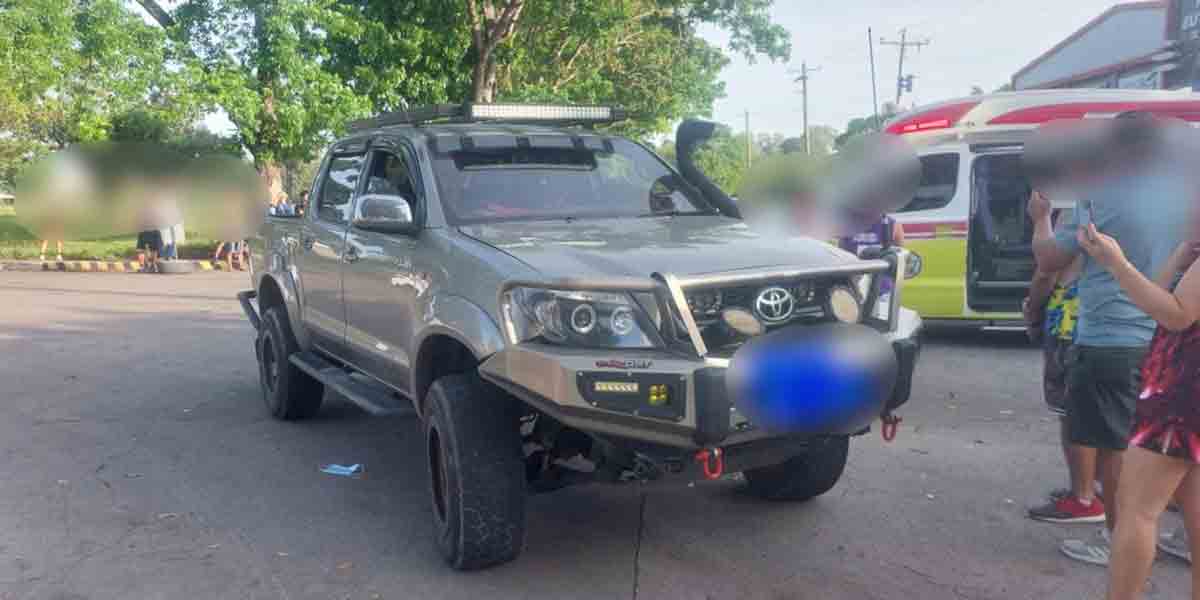
By Joseph B.A. Marzan
Persons infected with the coronavirus disease 2019 (COVID-19), even when asymptomatic, cannot get their first or second dose of the vaccine, the Department of Health-Western Visayas Center for Health Development (DOH-WV CHD) clarified on Monday.
Dr. Marie Jocelyn Te, the DOH-WV CHD’s designated spokesperson, said symptomatic patients and their close contacts may delay their scheduled vaccination.
If a person also feels some slight sore throat or coughing, they may also delay their vaccination. Otherwise, they must inform the health workers at the vaccination site of their current feeling.
“Before you go to the vaccination site, you have to see to it that you [are well]. When you get there, you would be screened by the health worker and the doctor with questions, so you have to be honest. You cannot just chase whatever vaccine you like,” Te said in an online press briefing Monday.
Te emphasized that asymptomatic patients who will be vaccinated, may experience side effects.
She explained further that there are no documented studies on infected persons who were vaccinated during their illness and the side effects.
“We don’t say that there is no effect because there are no documented studies which show that if you are asymptomatic, the vaccine would have no effect, so our basis for that would have to be the side effects,” she explained.
Persons who are experiencing side effects from the vaccine must inform health care workers at the vaccination site or their Barangay Health Emergency Response Teams (BHERTs) in their respective barangays.
MIXED VACCINES?
Te also advised those who received different brands between their first and second COVID vaccine doses to report any side effects or symptoms to their BHERTs or vaccination site teams.
This, after a concerned citizen told Aksyon Radyo Iloilo last Saturday, Sept. 18, that she received Moderna for her second dose on Sept. 17, after getting Sinovac for her first jab on August 11.
The DOH central office and the National COVID-19 Vaccination Operations Center (NVOC) have repeatedly advised against mixing vaccine brands, citing the lack of studies to prove the effectivity of this practice.
Te reiterated the national government’s rule saying that they were already investigating the incident.
She said that both vaccinators and vaccinees should check their vaccination cards to correctly check their indicated vaccine.
“They have to be careful, considering that it is a human error, but we ourselves need to be a little responsible on what vaccine we first received. We need to remind vaccinators that we received Sinovac on the first dose. We will investigate, but of course, at the same time, we need to monitor the side effects with our Rural Health Centers, vaccination sites, or our BHERTs so they can be given proper treatment in case there are side effects. But of course we do not allow mixing of vaccines because we do not have guidelines allowing mixing,” Te said.
SPUTNIK DELAYS
Te also addressed possible delays due to the lack of Sputnik V vaccines, particularly in Antique.
Antique and Aklan had received up to 2,900 doses each of the Russian made jabs, with each getting another 500 just in the past week.
Both provinces were the first to receive the COVID-19 vaccines developed by Russian state-run research firm Gamaleya.
Like other COVID-19 vaccines, the interval time between the first and second doses is 21 days, which the Food and Drug Administration (FDA) allowed to be widened to 42 days last July, according to a Reuters report.
The manufacturer also asked the FDA to widen the time further to 90 days, submitting studies for the requirement according to the same report.
But there had been delays in the delivery of the Russian vaccine, which prompted NVOC in July to issue Advisory No. 62 stating that Sputnik V vaccinees can receive their second dose even after 3 to 6 months.
The Antique Provincial Health Office has also addressed the delays at times, reiterating NVOC Advisory No. 62 in a post last Sept. 1.
Te also reiterated this point on Monday, saying that the DOH central office was “aware” of the delays in administering the Sputnik V vaccine.
She also explicitly stated that the priority for the Sputnik V vaccine were Overseas Filipino Workers (OFWs).
“If their second doses get delayed, we really see to it that they can get it in 3 to 6 months’ time. So they don’t need to worry because the central office is aware of that, whoever is in-charge of the allocation. Within 3 to 6 months’ time, they need to be able to send to Aklan and Antique so the second dose can be completed,” she said.


